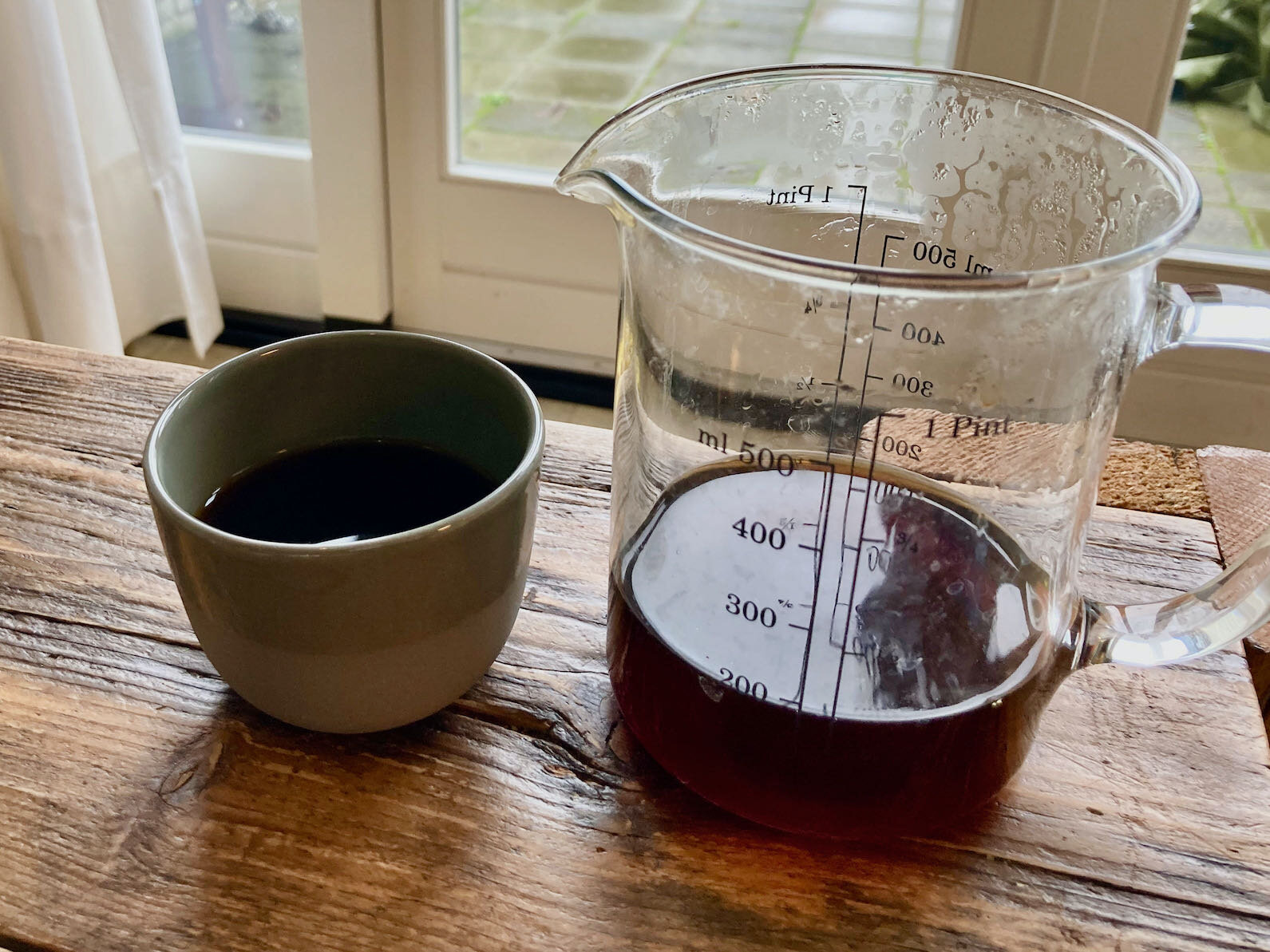Craft
The masters of any craft - whether it's woodwork, sword making or painting - have spent years (or decades) honing and perfecting their skill. To make the perfect sushi roll requires decades of apprenticing. First decade is spend to learn how to cook rice. It takes a million broken porcelain bowls to finally 'crack' the merciless nature of porcelain.
Try. Look where you could improve. Try again. Over and over. Dedicating yourself to such a practice and to be able to take the beating of trying and failing so many times requires a humbleness; to the craft, the heritage and to the ones who have come before you. You can't take yourself too seriously.
Mastering becomes a way of life. Everything is in service to learning how to come closer and closer to the perfect greek phyllo dough or bonsai scissors. It's an incredible hard road. A road that I have great respect for and do not necessarily envy. It's no wonder they're scarce.
Products made by these masters ooze the blood, sweat and tears that have gone in. It breathes life. That is rich. That is valuable. But, there's always the generic plastic alternative.
While physical products and crafts are the first to come to mind. "Soft skills" or leadership skills are crafts too. To put yourself in service of the people around you and the craft requires the same dedication, patience and humbleness. And, as we've seen in the US recently, we can look at culture and democracy as crafts too that could use some more attention and dedication to perfect.
This post was inspired by the conversation I had with Suzan Becking on De Gebakken Peren Podcast about her ceramics craft and the way she cares about it. She didn't arrive empty handed (she never does) and the porcelain cup she gave me is now my companion that enriches each morning.
Listen to our conversation here. We also dive into her newly formed partnership with a business partner to run a new studio together.
The cup Susan gave to me is being used as it should be.

